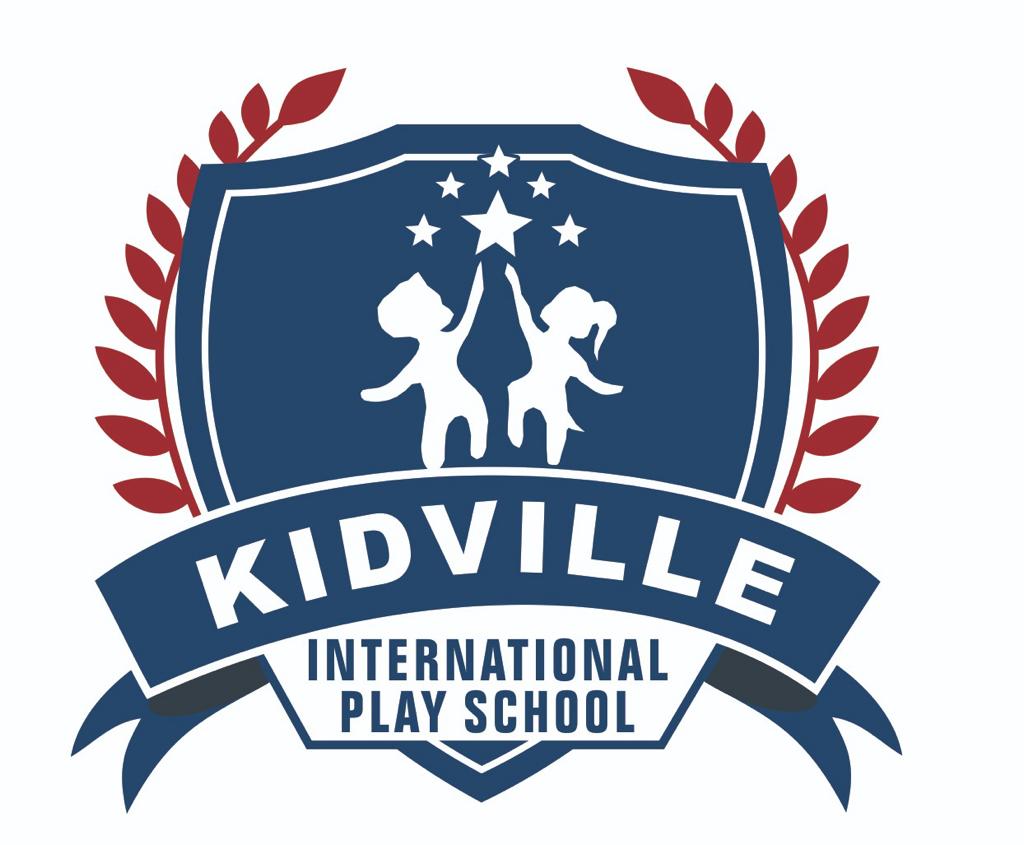Early childhood is a magical phase where young minds are like sponges, absorbing knowledge, developing skills, and forming the foundation for a lifetime of learning. In this critical period, Early Childhood Education (ECE) plays a pivotal role in shaping a child’s cognitive, social, and emotional development. This blog will delve into the profound importance of early childhood education and its lasting impact on a child’s future.
- Cognitive Development: Building the Brain Architecture Early childhood is a period of rapid brain development. Quality ECE programs provide stimulating environments, fostering the growth of neural connections crucial for future learning. Activities like storytelling, imaginative play, and hands-on experiences contribute to language development, problem-solving skills, and a solid academic foundation.
- Socialization and Emotional Well-being: Nurturing the Whole Child Early childhood education is not only about academics; it’s about building character and emotional resilience. In a supportive and collaborative setting, children learn to share, communicate, and develop empathy. These social skills lay the groundwork for healthy relationships, teamwork, and emotional well-being throughout their lives.
- School Readiness: A Strong Start for Academic Success ECE programs equip children with the essential skills needed for a smooth transition to formal schooling. Exposure to early literacy, numeracy, and basic problem-solving instills confidence and enthusiasm for learning. Children who attend quality preschools often demonstrate higher levels of readiness and engagement in the classroom.
- Closing Achievement Gaps: Addressing Inequalities Early childhood education has the potential to bridge socio-economic gaps and reduce educational disparities. Providing access to quality ECE programs for all children, regardless of their background, fosters a more equitable starting point and helps level the playing field, ensuring that every child has an equal opportunity to succeed.
- Long-term Impact: Investing in the Future Research consistently shows that investments in early childhood education yield long-term benefits. Children who receive quality ECE are more likely to graduate high school, pursue higher education, and become productive members of society. This early investment pays off by reducing the likelihood of later academic challenges, dropout rates, and even involvement in criminal activities.
- Parental Involvement: Building Strong Foundations at Home Early childhood education is a collaborative effort that involves both educators and parents. ECE programs often encourage parental involvement, providing resources and guidance to extend learning beyond the classroom. This partnership fosters a positive learning environment at home, reinforcing the lessons and values taught in preschool.
Conclusion:
In essence, early childhood education is a powerful catalyst for positive change, laying the groundwork for a lifetime of learning and success. By recognizing the importance of this formative period and investing in quality education, we empower our youngest learners to reach their full potential, creating a brighter and more promising future for generations to come.


